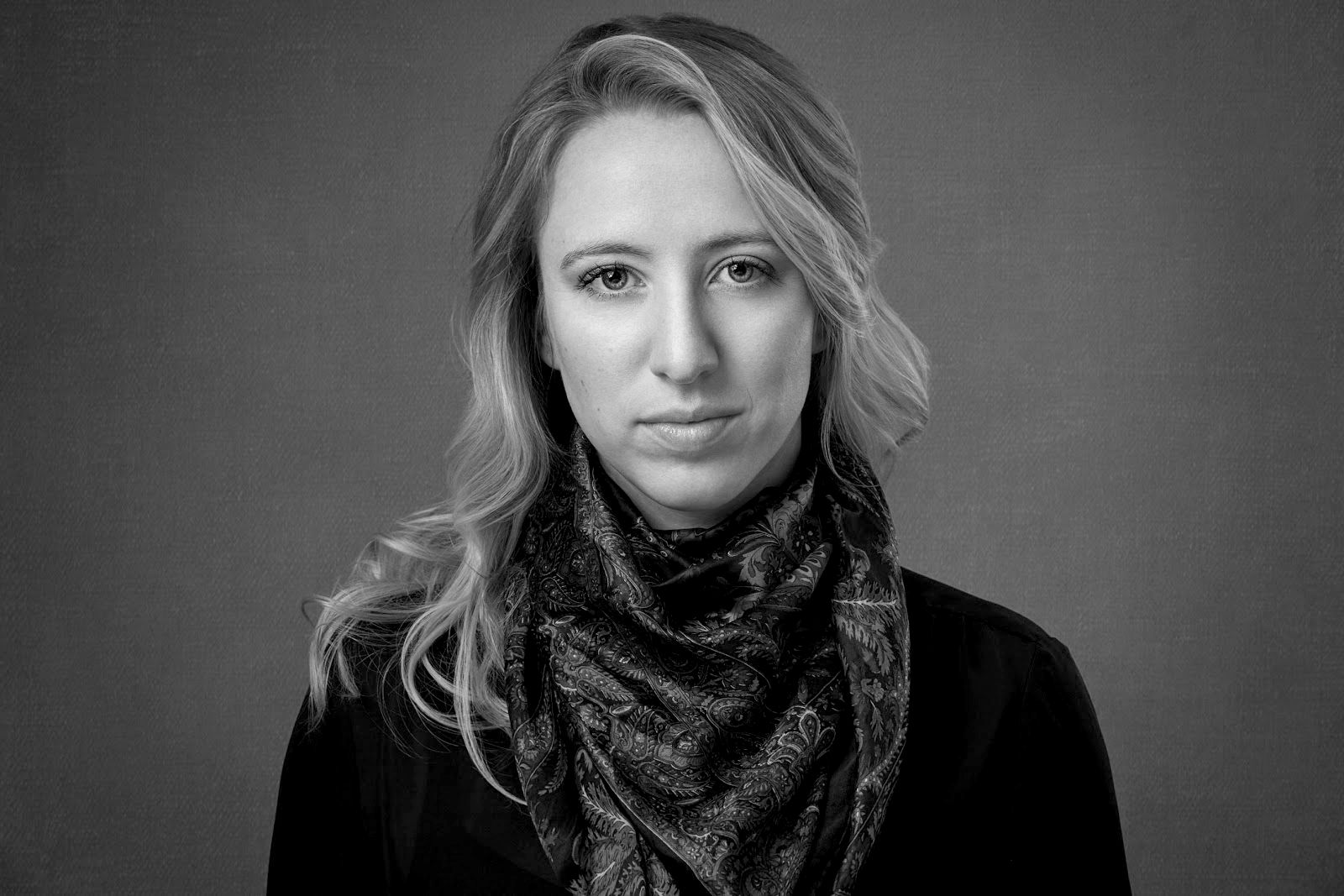Mackenzie Cooley

Mackenzie Cooley (Principal Investigator) is an intellectual historian who studies the uses, abuses, and understandings of the natural world in early modern science and medicine. She is currently an Assistant Professor of History and Director of the Latin American Studies Program at Hamilton College. She earned her doctorate from Stanford University and her work has been supported by I Tatti – the Harvard University Center for Italian Renaissance Studies, the Fulbright Foundation, the Mellon Foundation, and Cornell University’s Society of Fellows. Her articles have been published in Isis: Journal of the History of Science Society, Latin American and Latinx Visual Culture, and Journal of Medieval Worlds, among other venues. Her book The Perfection of Nature: Animals, Breeding, and Race in the Renaissance uncovers the history of how the idea of “race” emerged from animal breeding projects to describe human difference. For more, reach out to mcooley@hamilton.edu.
